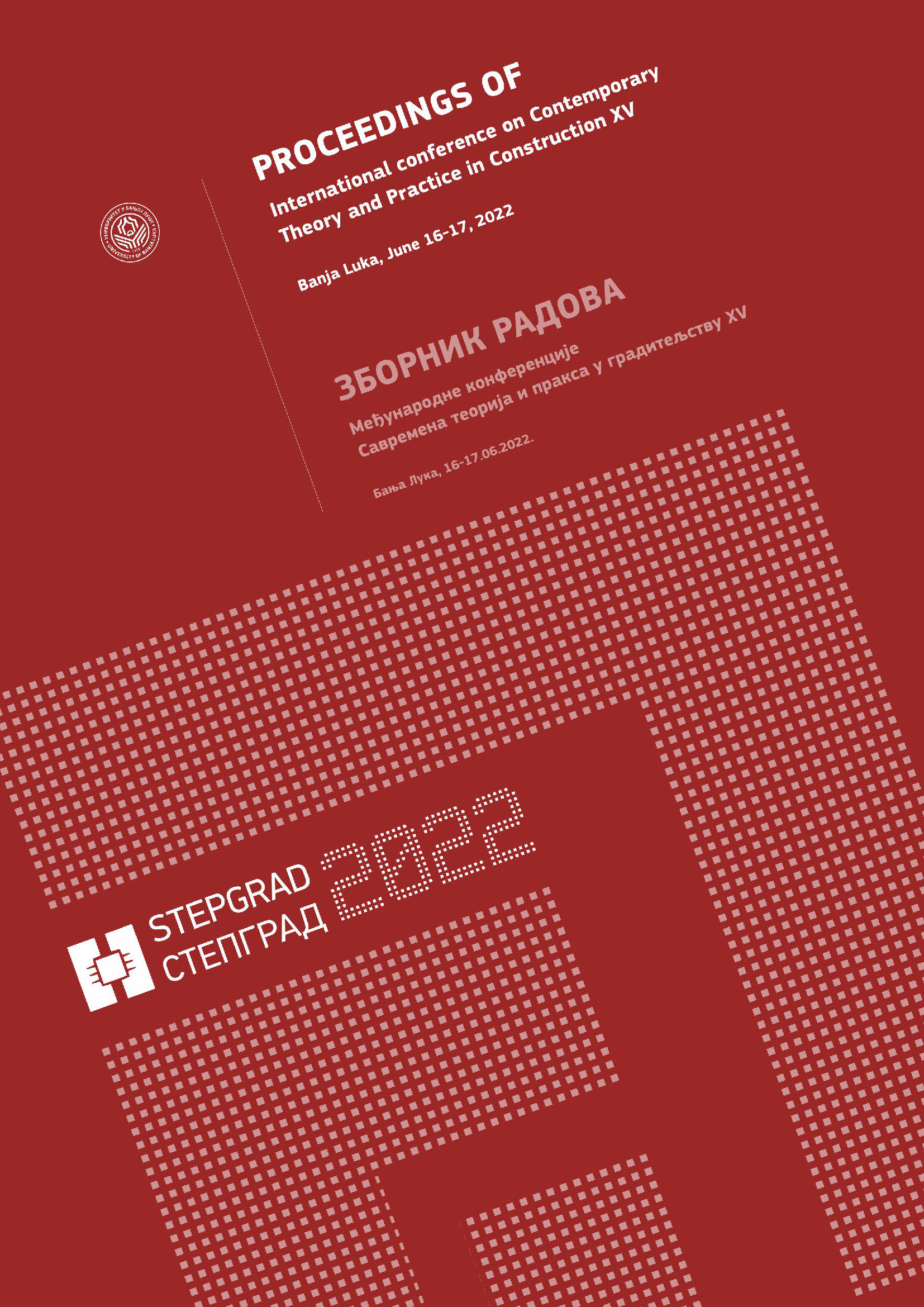
This is an open access article distributed under the Creative Commons Attribution License which permits unrestricted use, distribution, and reproduction in any medium, provided the original work is properly cited.
Salinity is one of the most critical problems for agricultural lands. Soil salinity should be monitored with fast, economical and accurate data and methods. In this study, soil salinity was estimated using remote sensing data and machine learning algorithms, where fıve different methods were used, and the results were compared. As a study area, Alpu, Turkey has been selected. Within the scope of the study, on-site measurements were made in cultivation areas where there are different agricultural products such as beets, wheat, tomatoes, and corn in the district. The results show that machine learning algorithms and Planetscope images successfully determine soil salinity. Future studies will evaluate the methods by taking samples from different product classes and wet/arid lands.
The statements, opinions and data contained in the journal are solely those of the individual authors and contributors and not of the publisher and the editor(s). We stay neutral with regard to jurisdictional claims in published maps and institutional affiliations.

0